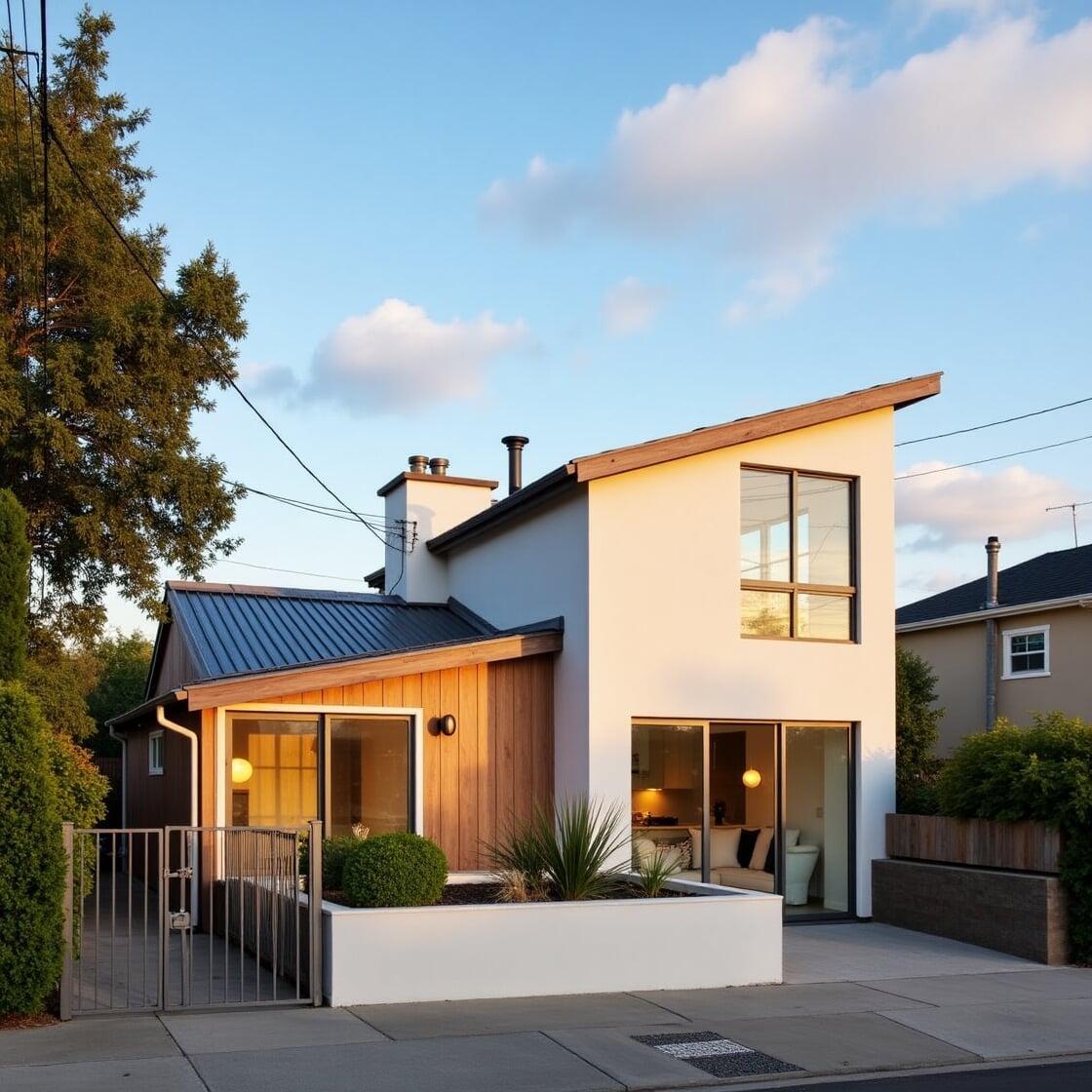Introduction

What Are ADUs?
Accessory Dwelling Units (ADUs) are small, self-contained residential units built on the same lot as a primary home. They are also known as granny flats, in-law suites, or backyard cottages. ADUs typically include a kitchen, bathroom, living area, and a separate entrance. They can be attached to the main house, built above a garage, or constructed as a detached structure.
ADUs offer a flexible housing option, providing space for extended family, rental income, or downsizing opportunities. Many cities encourage ADUs to address housing shortages and increase density without altering neighborhood character. Their size and design are often regulated by local zoning and building codes.
Key Benefits & Eligibility
1. Who Can Participate?
Owners of single‑family homes with non‑permitted ADUs or junior ADUs—like converted garages, basements, or attics—that existed before 2020.
Duplexes or multifamily properties may be included in future phases, but are currently ineligible .
2. Confidential & Low‑Risk
All consultations are strictly confidential: you don’t need to disclose your address or identity initially.
The program is voluntary and complaint‑based, meaning the city isn’t increasing enforcement—only those who come forward through amnesty will be addressed.
3. Avoid Fines & Ensure Safety
No retroactive code‑enforcement fines or penalties for eligible units.
Units will be inspected and must meet safety standards, improving living conditions for tenants and reducing homeowner liability.
The broader goal is to expand affordable housing in a city where home prices average around $1.4 million and one-bedroom rents are about $2,250.
How It Works: Step-by-Step
Explore confidential advice
Contact the City’s Planning Department for a private, no‑strings‑attached consultation.Submit your application
Once you decide to proceed, submit your amnesty application and existing unit details.Safety inspection
City inspectors conduct evaluations to ensure compliance with building, electrical, plumbing, and fire codes.Complete required upgrades
Address any issues identified during inspections to meet safety standards.Obtain proper permits
Finalize structural and occupancy permits—without facing penalties for previous unpermitted construction.
Why Berkeley Launched the Program
Housing crisis relief: Berkeley’s high cost of living demands creative solutions—amnestied ADUs help increase affordable rental availability.
Public safety: By legalizing conversions, the city better ensures dwellings meet essential safety standards.
Pragmatic enforcement: The voluntary and confidential framework encourages compliance over punitive action—a more collaborative regulatory approach.
FAQ
Final Thoughts
Berkeley’s ADU Amnesty Program is a forward-thinking, win-win approach: homeowners gain legal clarity and rental income, tenants live in safer, permitted units, and the city eases its housing shortage—all with minimal risk and expense.
If you own a pre‑2020 non‑permitted secondary unit, this is your moment to act—confidential consultations are free, and participation ensures you benefit from the program’s protections.
Related Articles:
ADUs for Aging Populations in California

